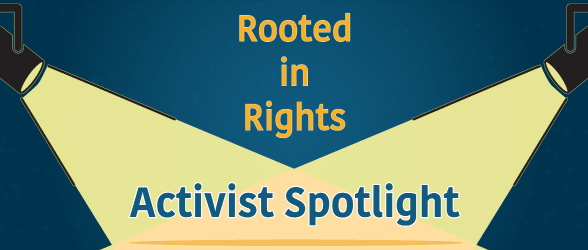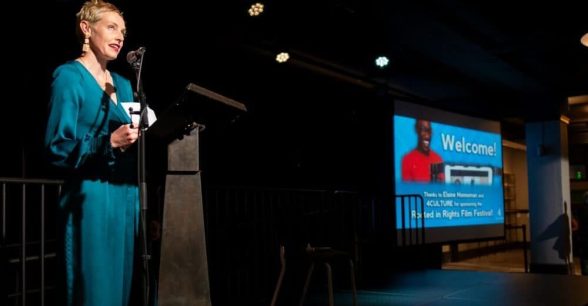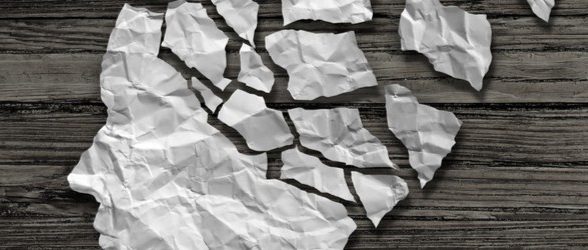Are Celebrity-Studded “Autism-Fundraisers” Actually Supporting Autistic People?
Back in 2015, about four months prior to my own diagnosis, a video went viral of an autistic singer named Jodi Dipiazza singing the Weird Al Yankovic song “Yoda” alongside the singer himself and a chorus of seven other autistic children. It was charming, it was cute, it warmed my heart a little as I’m sure it did many others’. The performance took place on that year’s edition of Night of Too Many Stars, a telethon headed by Saturday Night Live creative Robert Smigel in honor of one of his children. That’s where this sweet story hits a snag.
Telethons can certainly have positive outcomes, of course. For example, the Children’s Miracle Network started as a telethon to raise money for children’s hospitals in North America, and it’s raised billions of dollars to help children fight diseases and keep their families above water during difficult times. There are good telethons.
Then there are the harmful ones (like the Muscular Dystrophy Association’s annual Labor Day telethon), and this is where we return to the Night of Too Many Stars and, to its follow-up of sorts, the upcoming Color the Spectrum livestream. There are a lot of similarities between the two: both feature comedy and musical performances and many of the same people appear in both, including comedians like Jon Stewart and Stephen Colbert, and both are produced by Smigel and his wife Michelle. But what’s most important here is the charity that they both support. The charity is called NEXT for Autism.
I believe NEXT for Autism has a clear end-goal: to “cure” autism through two different avenues. The first is through early childhood intervention and treatment via the Center for Autism and the Developing Brain. One of the first treatment options touted is applied behavioral analysis (ABA). ABA is one of the most harmful forms of therapy when it comes to autism, boiling down to bending the autistic person – frequently a child – into the neurotypical mold through control and manipulation. The opinion of the person undergoing the therapy does not matter. It’s only the will of the neurotypical people controlling them that does.
The second avenue is the CADB’s research wing. The website currently states that it only seeks to enhance the “understanding and treatment” of autism but, as catalogued by Twitter user AutisticSciencePerson, the original text clearly states that they’re looking to “prevent” autism spectrum disorders.
I’m sure that you all see where the problem is. If you don’t, I’ll happily break it down.
Autism is not something you can cure. It’s an alteration in how a person’s brain works and something to live with, not a disease to be battled and won. Most actually autistic people like ourselves the way we are. Being autistic is part of who we are, a fundamental part. The only people who fervently seek a cure for autism are people who see it as an ill of society, with many parents deeming it as a tragedy inflicted upon their children. The fight for a cure is reflective of a stigma that affects autistic people day after day, pressed down onto us by neurotypical people who refuse to actually listen to us.
The other issue is that there are no autistic people on the board of NEXT, and there are – as far as I can tell – no autistic people appearing on Color the Spectrum. Time and time again, we are shoved into the background of our own narratives in favor of neurotypical people speaking for us. It happened with Sia’s film Music and it’s happening again.
You cannot and should not advocate for something without involving the people who will be affected by what you’re advocating for. “Nothing about us, without us” isn’t just some catchy slogan. It means something.
There were autistic people involved in Night of Too Many Stars, namely the previously mentioned Jodi DiPiazza and YouTuber Carly Fleischmann. But there is a direct difference between having autistic people in front of the camera saying how wonderful your organization is and having us behind the camera actually involved in what you’re doing day-to-day.
There’s a bone-deep cruelty in parading us around for the cameras one day and then actively working to eliminate us from the world the next. Some people – including YouTubers Rhett McLaughlin, Link Neal, and Colleen “MirandaSings” Ballinger – pulled out of the Color The Spectrum telethon after being educated about NEXT’s true nature. But it isn’t enough for only some to flee. This telethon must either devote its time and money to an organization that actually involves autistic people or be abandoned all together.
If we’re to make any strides towards true acceptance of autistic people in this world, then neurotypical people must stand alongside us instead of throwing themselves headlong into “charity” that makes them look good while dragging us deeper into the void. This isn’t helping us; it’s only helping them.
Our revolution will not be with blue lights or behavioral therapy; it will be with acceptance, advocacy, and with autistic people leading the way.
Nothing about us without us.
About Rooted In Rights
Rooted in Rights exists to amplify the perspectives of the disability community. Blog posts and storyteller videos that we publish and content we re-share on social media do not necessarily reflect the opinions or values of Rooted in Rights nor indicate an endorsement of a program or service by Rooted in Rights. We respect and aim to reflect the diversity of opinions and experiences of the disability community. Rooted in Rights seeks to highlight discussions, not direct them. Learn more about Rooted In Rights



